“Passover” to Prosperity Consciousness
By Marilyn Jenett
If you have been following me for awhile, you know that I have searched for a deeper metaphysical meaning for every holiday and I always find a relationship between that meaning and the prosperity teachings that have become my life mission.
I believe that relating my prosperity teachings to the story of Passover in this tribute will help you transform your consciousness…
Jews around the world have once again stocked up on boxes of matzoh (unleavened bread), and are gathered with friends and loved ones around the seder table. The Passover holiday, celebrated all week and co-existing beautifully with Easter Sunday this year, commemorates the biblical story of Exodus, in which Jewish slaves overthrow a tyrannical Egyptian pharaoh and led by Moses, make their way through the desert in a 40-year pilgrimage to the Promised Land.
Many people who are not Jewish celebrate Passover or are invited to join the celebration at a traditional Seder dinner.
One year I was guided to the words of Estelle Frankel, a Berkeley psychotherapist, teacher of Jewish mysticism and ordained rabbinic pastor who eloquently reveals the secret meaning of Passover. I found this “secret” to be very much aligned with our quest for prosperity consciousness as well as our subconscious resistance to it — certainly the foundation of the Feel Free to Prosper teachings. I was thrilled to find her interpretation…
Frankel believes that the Passover holiday is a vital tool for self-transformation as well as for healing the world. See if these excerpts from her book, Sacred Therapy: Jewish Spiritual Teachings on Emotional Healing and Inner Wholeness, strike a cord in you also. I found them to be profound food for thought — mental “matzoh” to bring to our subconscious “seder table.”
Read her words carefully. They just may contain a key that will open your door to the Promised Land of prosperity…
Frankel writes…
“As a therapist, I use the symbols and the allegories of the Exodus as a map of the process of transformation…it shows both our desire for change and our resistance to it; it also shows how life forces us to change, and how if we don’t continually change and grow, we die.
“…In the beginning of the Book of Exodus, we have a family of 70 people going to Egypt because of a famine, and they settle in Goshen — the land of Goshen is at first this very fertile, nurturing environment where the
[Jewish] people can grow into a nation. But over time it changes, and what was once a nurturing womb for growth becomes this oppressive society where they are enslaved. It’s clear that they have to get out of there, and eventually Moses leads them to freedom. We can see that as a symbol of how we often develop life structures, relationships or even careers where we thrive for some period of time, and there is room for a lot of growth, just like the fetus in its mother’s womb can grow and be nourished, but then eventually it gets to be a tight space — the Hebrew word for Egypt, in fact, is Mitzrayim, which literally means a tight place, a place of constriction.
“…There is a tension between the part of us that wants to just stay in the known, stay in the old, even if it’s uncomfortable, even if there is no room to move or grow, and the part of us that wants to change. But there are a number of forces that can cause us to break free. One is pain itself. Feeling the discomfort is a great impetus to change. Another is believing that change is possible, finding hope….many people come in to therapy and really don’t believe that they can change; they think that how they have been is how they will always be…
“…You know…a Hasidic master said it was easier to take the Jews out of Egypt than to take Egypt out of the Jews. Similarly, it’s often true that people move on and leave [bad] situations, but then they go and recreate them, because the deeper dynamic that got them there in the first place hasn’t really shifted. People change their outer circumstances, but their inner landscape remains unchanged. Deeper work really has to address the images, the deep-seated images, we have of ourselves…
“…I think the great lesson is that change is possible, that how things are now is not how they have to or will always be.”
Well said, Dr. Frankel!
You have what it takes to part your red sea. We have what it takes to heal the world.
—Marilyn
REPRINT PERMISSION
You have permission to publish this article electronically or in print, as long as the following text is included and the article appears in its entirety and unchanged.
© Copyright 2003-2025 Marilyn Jenett, Feel Free to Prosper® All rights reserved.
Marilyn Jenett, renowned prosperity mentor and accomplished entrepreneur, founded the Feel Free to Prosper® program to mentor and teach others to become aligned with Universal laws and accept their right to prosper. For more information and her free gift, visit www.FeelFreetoProsper.com.
Her book, Feel Free to Prosper – Two Weeks to Unexpected Income with the Simplest Prosperity Laws Available, is available from Penguin Random House at booksellers worldwide. www.feelfreetoprosperbook.com






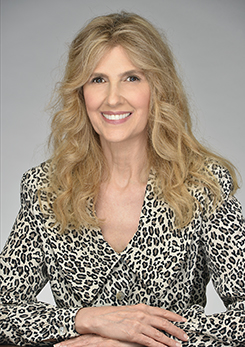


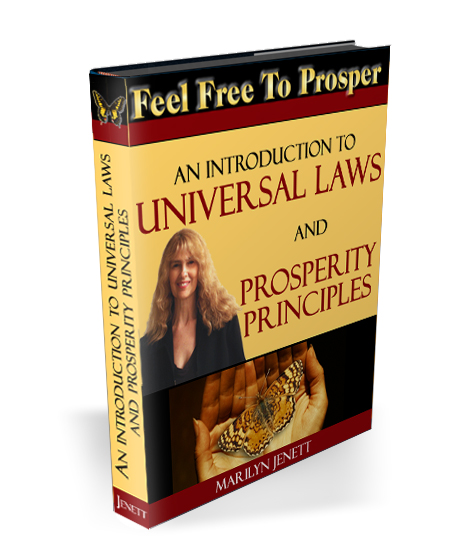
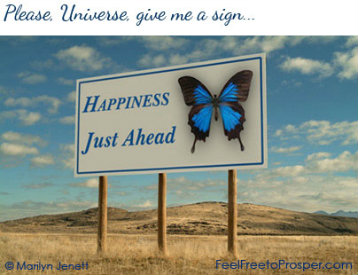

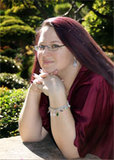 [/one_fourth]
[/one_fourth]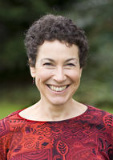 [/one_fourth]
[/one_fourth]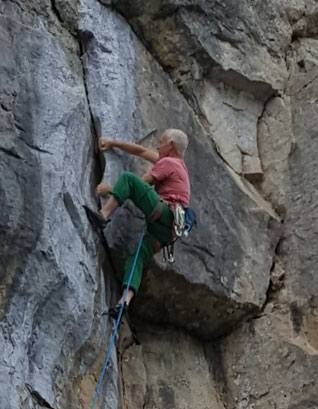 [/one_fourth]
[/one_fourth] [/one_fourth]
[/one_fourth]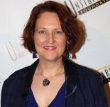 [/one_fourth]
[/one_fourth]